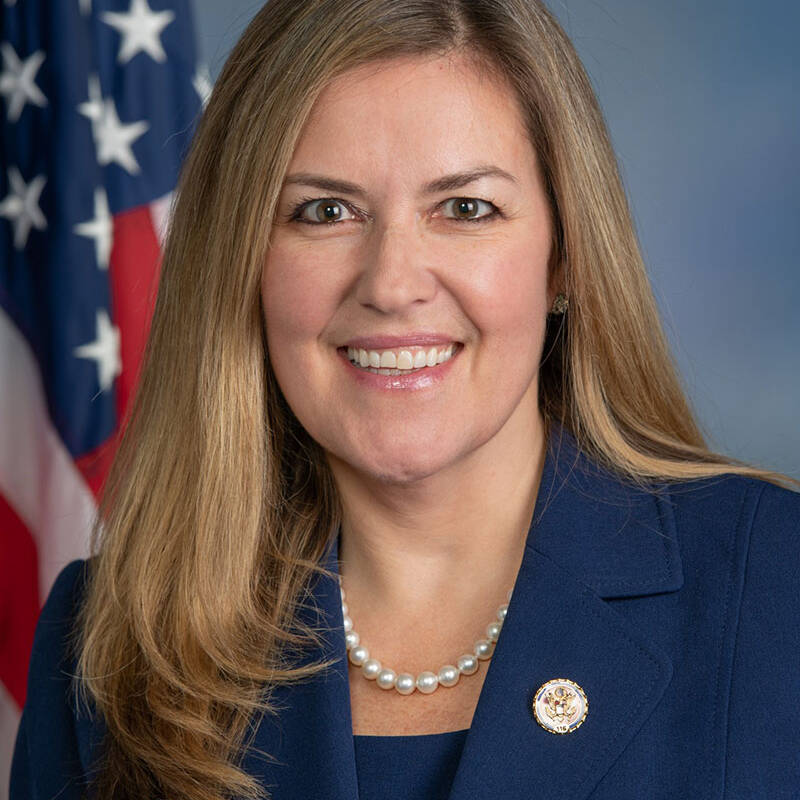Mexico backs down
By Carey Gillam
This article was originally published in UnSpun
March 29, 2024
The Mexicans have blinked.
After standing firm for well more than two years on plans to enact a ban on the weed killer glyphosate, Mexican officials said this week that they will not go forward with the ban that was slated to kick in April 1.
Mexico is currently embroiled in a trade dispute with the United States over its unwillingness to accept genetically modified (GM) corn, typically altered to tolerate being sprayed with glyphosate and to manufacture toxins that repel pests, and has made it clear that it considers both GM corn and glyphosate as threats to the health of the Mexican population as well as to the health of the environment.
But earlier this week, proponents of continued glyphosate use convinced government officials that glyphosate use should continue until other options for weed control are found. Similarly, in 2019, Thailand backed down from a planned glyphosate ban after pressure from US officials and industry actors.
Last week, The New Lede (where I serve as managing editor), published a lengthy story sharing previously secret emails between US officials and agrochemical industry players. The emails lay out how deeply the work of US taxpayer-funded officials is entwined with the interests of big agrochemical companies, such as Chinese-owned Syngenta and Germany’s Bayer AG.
The New Lede report provides nitty gritty details about how the Office of the US Trade Representative (USTR), the federal agency responsible for American trade policy, works to benefit the agrochemical companies while shrugging off evidence presented by foreign governments that pesticides are posing dire risks to the safety of their environment and their citizens.
Similarly, the US Department of Agriculture (USDA) and the US Environmental Protection Agency (EPA) are shown in the emails helping push back against countries that try to ban pesticides linked to human health issues and the demise of crucial species. In communications with CropLife America, the lobbying arm for the agrochemical companies, one government official states how hard his office is working to defend the industry’s products.

Also noteworthy are records showing that Alexandra Dunn, who served as an assistant administrator of the EPA’s Office of Chemical Safety and Pollution Prevention during the Trump administration, was a part of that coordinated product defense work for the industry while at the EPA.
Guess where Dunn works now? CropLife announced last month it had hired heras the organization’s new president and CEO. Who could have seen that coming? (Just everyone.)

A source who has been closely following the Mexico moves on glyphosate and GM corn said US officials apparently asked for the extension, though it reportedly was opposed by Mexico’s National Council of Science, Humanities and Technology.
Glyphosate is the active ingredient in the Roundup herbicide brand launched decades ago by Monsanto and now owned by Bayer, which bought Monsanto in 2018. Monsanto developed genetically engineered corn, soybeans, canola and other crops to tolerate being sprayed with glyphosate, a trait that allows farmers to spray the pesticide over the tops of growing crops without killing them, while killing weeds.
Opposition to glyphosate and to crops sprayed with it has escalated over the years, particularly after the World Health Organization’s International Agency for Research on Cancer classified glyphosate as a probable human carcinogen in 2015 based on published and peer-reviewed scientific research.
Foods made with crops sprayed with glyphosate commonly carry residues of the weed killer, which people then consume through their daily diets.
























